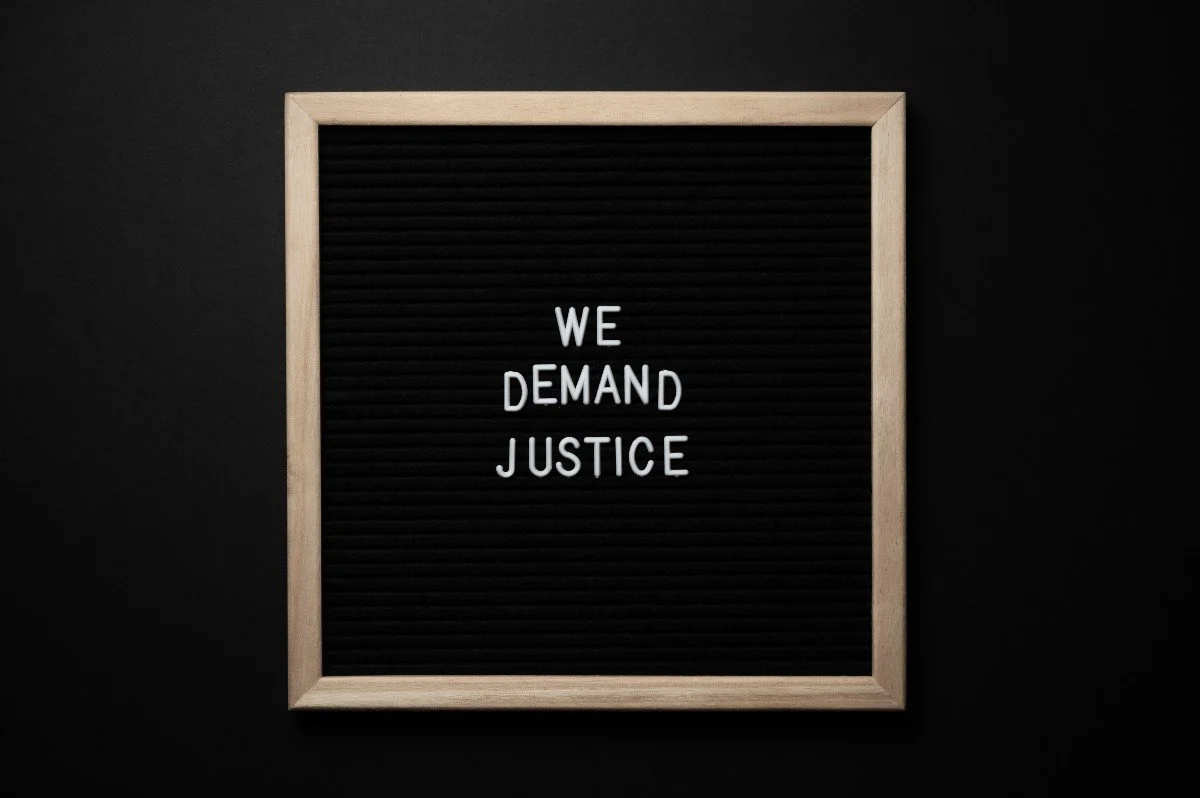The Church of Social Justice
As a pastor, I’ve led our church to care deeply about not only the lost, but the least. In the mind and teaching of Jesus, the twin imperatives of the mission of the Church were to share the gospel with those far from God and to care for those in need. With the Great Commission (Matthew 28) came the parable of the sheep and the goats (Matthew 25). When Paul passionately made his case to take the gospel to the Gentiles, the only instruction from his fellow apostles was to not forget to care for the poor (Galatians 2). As one of my seminary professors once told our class: “In one hand we give the bread of life; with the other the bread needed for life. It’s not an ‘either-or.’”
He was right.
Yet we continually make it a pendulum swing, veering in one direction or the other at the expense of whatever way we tilt. Few churches are truly balanced. It is either mega-evangelism and lite-social ministry, or lite-evangelism and mega-social ministry. In recent years, the overall leaning is clear: social ministry is in the vanguard, and evangelism is given the backseat.
It's not hard to discern why. For many years, the Church swung hard toward evangelism and failed in the area of social concerns. This did not fare well in the court of public opinion, and the Church paid a price in reputation and respect. It became clear to many pastors, particularly of newer, younger churches, that to regain a voice in culture would demand demonstrating the love of God to those most in need. This would arrest the attention of the world and earn the right for the gospel to be heard.
They weren’t wrong.
The current dilemma is that an increasing number of churches are forgetting the balance. They are giving out a cup of water to the thirsty but forgetting the living water from whom we will never thirst again.
Adding to the challenge is how our world is embracing social ministry – and specifically social justice – as its “religion.” As Helen Lewis writes in the Atlantic, “If someone is yelling ‘repent’ at you in the street, are they more likely to be (a) a religious preacher or (b) a left-wing activist?” She goes on to give examples of calls to repent and threats of going to hell, all espoused by social justice advocates. Her observation is telling:
This fire-and-brimstone language might initially seem odd, because society is becoming less religious…. We might expect that religious concepts – repentance, hellfire, heresy, apostasy – would have become less salient as a result. But that’s not the case. For some activists, politics has usurped the role that religion used to play as a source of meaning and purpose in our lives, and a way to find community.
In essence, our culture – particularly the younger edge of it – has “substituted one religion for another.” Lewis is even more revealing when she notes how “treating politics like a religion makes it more emotionally volatile, more tribal (because differences of opinion become matters of good and evil) and more prone to outbreaks of moralizing and piety.” She offers a penetrating quote from Elizabeth Oldfield, the former director of the Christian think tank Theos: “I was thinking about that Marx quote that religion is the opium of the people. I think what we’ve got now is [that] politics is the amphetamines of the people.”
The idea of “The Church of Social Justice” comes out when Lewis notes how it’s harder today to come out as a Christian in an LGBT space than LGBT in a Christian space, and how dating across political lines is the new taboo. One woman said that she could happily date someone from another faith, or no faith at all. But a conservative? “Absolutely not. No.”
When Lewis asked why, she said: “Whether your God looks exactly the same as my God, I don’t know. But I do know what the answers are to stop people from suffering and to make the world a more equitable place.”
The temptation of the Church would be to join the world in its redefinition of church, or at least a redefinition of its mission. Namely to strip the Church down to nothing but social justice and social ministry. While this could possibly make the Church more socially accepted, it would also leave the Church offering the world nothing it does not already have.
Again, we alone offer bread for the stomach and the bread of life; water for the thirsty and living water that will make us never thirst again. As the Jerusalem Church reminded Paul, we are to care for the poor while bringing them the gospel.
That may not be the “Church of Social Justice.”
But it is the Church.
James Emery White
Sources
Helen Lewis, “How Social Justice Became a New Religion,” The Atlantic, August 18, 2022, read online.

